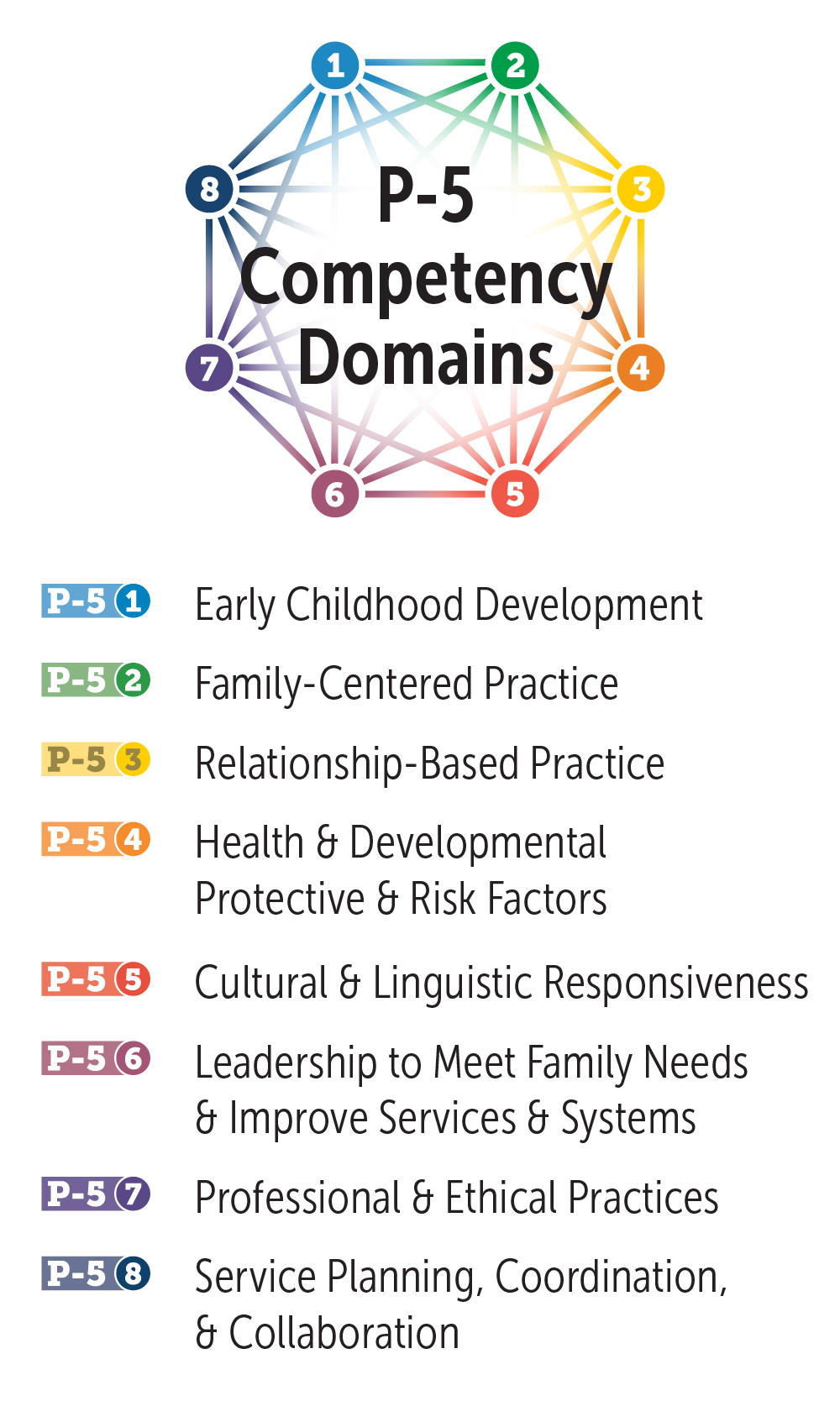
Putting the Science of Early Childhood to Work in the Courtroom: A Series for Judges and Attorneys
-
Register
- Non-member - Free!
- Member - Free!
Module 1: Strengthening Early Relationships: Promoting Child Well-Being
The science of early childhood development shows that the first three years of life are a critical window of opportunity for promoting children’s health and well-being. This module presents judges and attorneys with information about the essential developmental needs of very young children. Judges and attorneys share their reflections on how knowing the science has transformed their work and the urgency of applying the science to the dependency court process. The module provides tips and practice strategies for judges and attorneys that support the well-being of very young children and strengthen their families.
Module 2: Understanding the Impact of Trauma on Parents
Many parents involved with the court have challenges rooted in a history of trauma, worsened by a lifetime of adversity. This module presents information about how trauma affects behavior in ways that can contribute to troubled parenting and difficulty complying with court requirements. A case vignette vividly illustrates the need for empathetic support for parents affected by trauma so that they can move forward. The module provides tips and practice strategies that can help judges and attorneys address the reasons a child came into care and ensure that effective reasonable efforts are made toward reunification.
Module 3: Meeting Parents Where They Are: Helping Them to Move Forward
Safety, permanency, and well-being outcomes for children are best met when families are engaged in their case from the outset. Parents are required to make major life changes, which can be difficult even in the best of circumstances. This module provides information on engaging parents from the beginning of the case to help them to make these changes. The module provides tips and practice strategies that judges, and attorneys can use to engage families and help them build both protective capacities and protective factors.
Module 4: Equity and Equality for Children and Families
Families from varied backgrounds may enter court fearing that they will be treated unfairly, especially when they have already been exposed to bias and discrimination. This module provides information about the impact of bias and oppression on parents and their young children involved with child welfare. It presents the perspectives of parents and professionals reflecting on their experience and observations about personal bias in the courtroom. The module provides tips and practice strategies for judges and attorneys that can help keep personal and systematic bias from entering their work with families.
Module 5: The Trauma-Responsive Court
Every day, judges and attorneys in dependency court come into close contact with children and adults who have experienced significant trauma. This module presents information about the extent and impact of trauma on young children and their parents as well as the toll that working with traumatized clients takes on court professionals. It shares the perspective of a parent and reflections of an attorney on the importance of trauma awareness for maintaining professionalism. The module provides tips and practice strategies for judges and attorneys to use in creating a more trauma-responsive court environment.
Module 6: A Healing Perspective on Substance Use Disorders
This module explains why addiction is a chronic medical disorder requiring individualized, comprehensive intervention and provides information on the effect of Substance Use Disorders (SUDs) on parents and their children and barriers to seeking care. It offers the perspective of a parent and reflections of a judge and an attorney on the importance of approaching addiction as a medical condition. The module provides tips and strategies for judges and attorneys to use for ensuring mothers and fathers receive effective services for SUDs and that infants affected by prenatal substance exposure receive needed services.
Module 7: The Power of Collaboration for Child and Family Well-Being
Parents and children involved in dependency court have many complex needs that must be met in a very short time frame, as required by federal and state child welfare laws. This module considers how cross-system collaboration can effectively support parents in obtaining the services needed for timely permanency decisions. It presents professional and parent perspectives on the benefits of collaboration at both the family and community levels. The module provides tips and strategies for judges and attorneys to use in building collaborative relationships across systems that harness the collective power of many to meet the court’s statutory obligations and to best support well-being and positive child welfare outcomes.
Module 8: Achieving Timely Permanency Begins at Day One
This module provides information on the importance of timely permanency planning for infants and toddlers, their families, and for court personnel. It offers the perspectives of attorneys and a judge on working in a family-centered way with parents to support concurrent permanency planning. The module provides tips and strategies for judges and attorneys to use in effectively implementing expedited concurrent planning to achieve the best possible permanency outcomes for very young children and their families.

